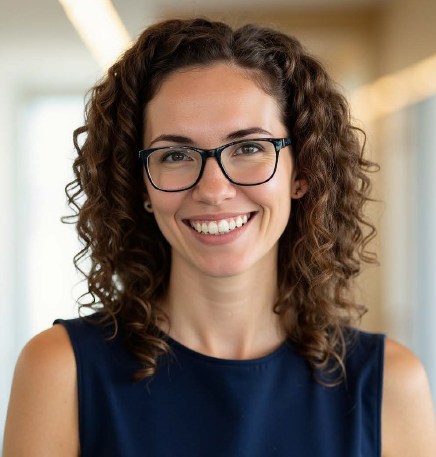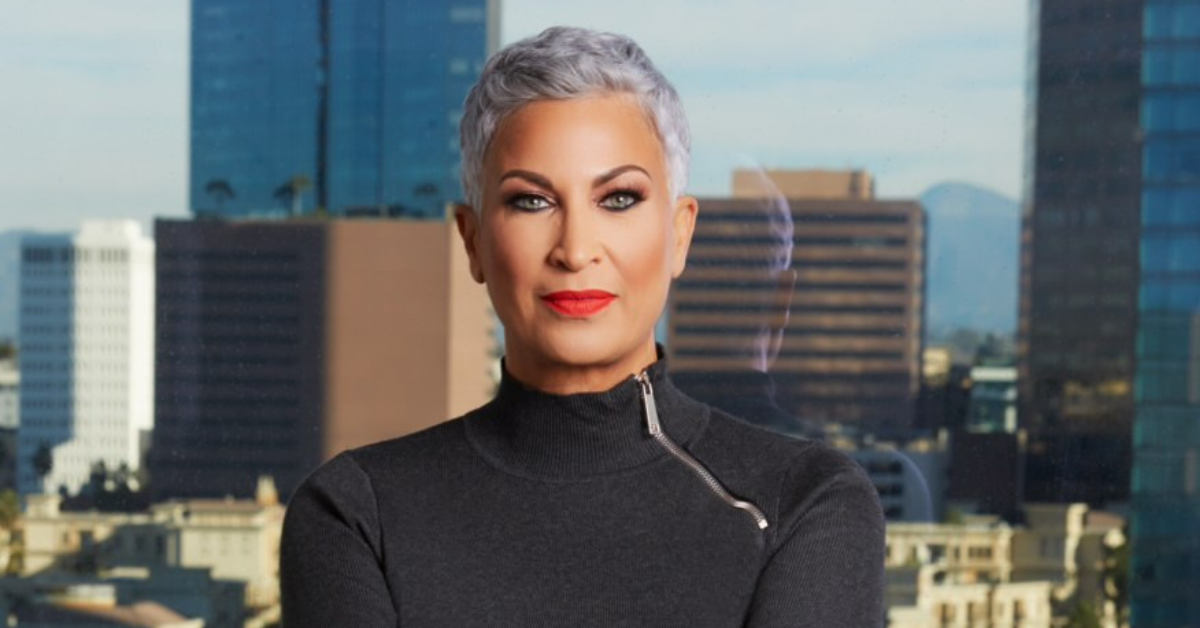7 Women-Owned Brands Catering To The Empowerment And Education Of Your Children
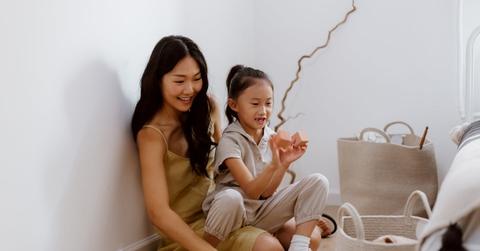
The education and empowerment of the next generation is a tremendous responsibility. As a former educator, I know just how deeply learning experiences can shape children, affecting their confidence, growth, and impact on society. The saying “it takes a village” couldn’t be any truer, and there are several women-owned businesses that take this to heart.
From games to educational resources and apps, here are seven companies dedicated to nurturing today’s youth by providing schools and families with compelling and practical resources.
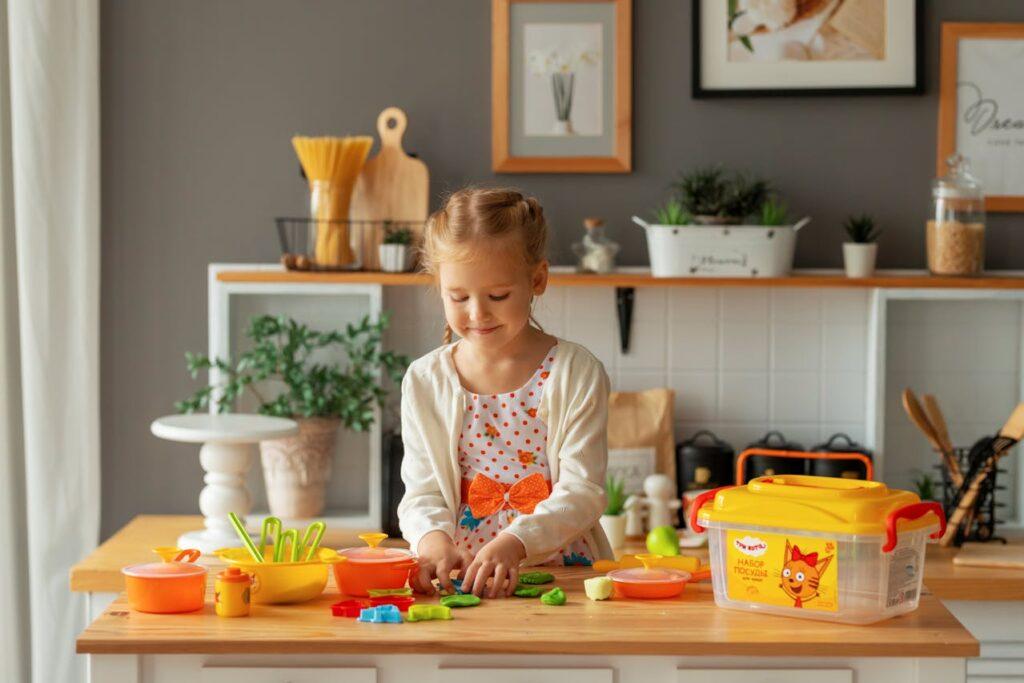
Little Patakha
Research shows that children begin showing implicit and explicit bias towards people of other races by preschool. Little Patakha, founded by Ashkata Nayak, seeks to nurture acceptance and inclusion in children of elementary age and younger. Nayak’s mission is to use inclusive stories and representation to celebrate differences and dispel stereotypes. Children are introduced to diverse cultures and stories through puzzles, picture books, and games.
M&J Games
According to the AACAP, children aged 8-12 spend 4–6 hours daily on screens. Teenagers average up to 9 hours a day. Marly Aversa founded M&J Games with her husband, providing families with interactive, screen-free educational games for all ages and abilities. What’s unique about these games is that the players are the game pieces, which strengthen social, problem-solving, and motor skills. The brand’s “What’s Next? A Life-Size Game” and “What’s Next? A Life-Size Transition Game” are two engaging options for neurodivergent children and adolescents.
Mind Brain Emotion
Founded by Dr. Jenny Woo, Mind Brain Emotion’s purpose is to teach essential life skills. Dr. Woo’s experience in K-12 education and the corporate world led to the realization that there were specific skills that influence our happiness and success levels. These include coping skills, social skills, interview skills, handling social dilemmas, and conversation skills. She developed practical skill-building cards at Harvard’s Innovation Lab to provide fun and actionable ways for everyone to develop skills that aren’t always explicitly taught at home or in schools.
Twinkl
Anyone who has experienced teaching in any form knows that great materials make a big difference. Susie Seaton and her husband Jon founded Twinkl so parents and educators would have access to high-quality, low-cost teaching resources. There are thousands of free resources available from early childhood to 8th grade, with sections for special education, ELL (English Language Learning), and homeschooling. You can search by grade, subject, or topic and Twinkl also has dozens of international pages with teaching resources in other languages.
Goalsetter
Half of the students surveyed by Wallet Hub believe their school doesn’t provide enough education about personal finance. It’s concerning, especially when combined with the financial literacy crisis. The Goalsetter app, founded by Tanya Van Court, provides financial education for the entire family with quizzes, trivia games, and educational videos. The curriculum includes content on earning income, saving, spending, investing, managing credit, and managing risk. Children can also practice with a kid’s debit card parents can monitor.
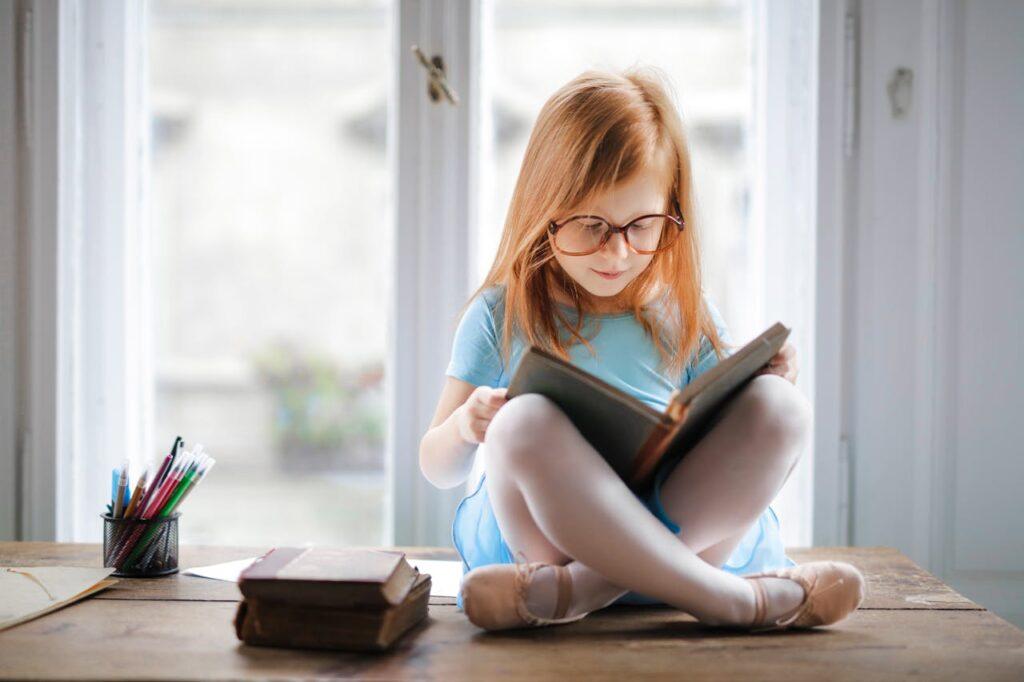
Social Cipher
In addition to academic goals, neurodivergent children also have social and emotional goals to meet. Vanessa Castañeda Gill, who is neurodivergent, and Lucy Stevens co-founded Social Cipher, a social-emotional video game series for neurodivergent children aged 10-15. The company’s mission is to represent and empower youth of all neurotypes and increase their self-confidence and self-advocacy skills. To that end, 40% of the team is neurodivergent to ensure the games and curriculum are engaging, educational, inclusive, and empowering.
Girls Who Code
According to the World Bank, women make up 35% of STEM employees in the U.S. This lack of inclusion and representation can discourage girls from pursuing STEM careers. Reshma Saudani founded Girls Who Code, an international nonprofit, aiming to close the gender gap in tech by 2030. The organization provides clubs for grades 3-12, college and career programs for ages 18-25, summer programs for grades 9-12, and downloadable activities for coding at home, all for free.

